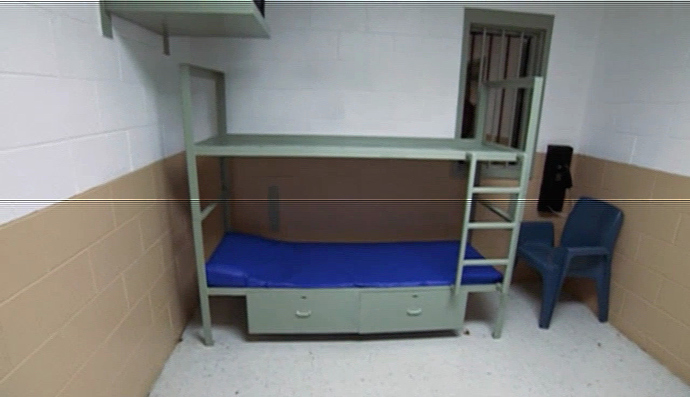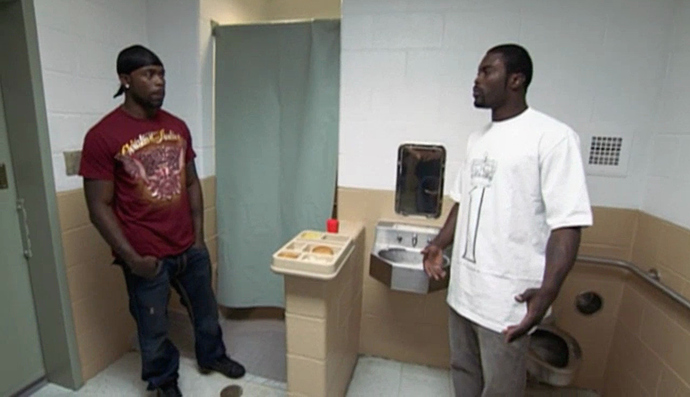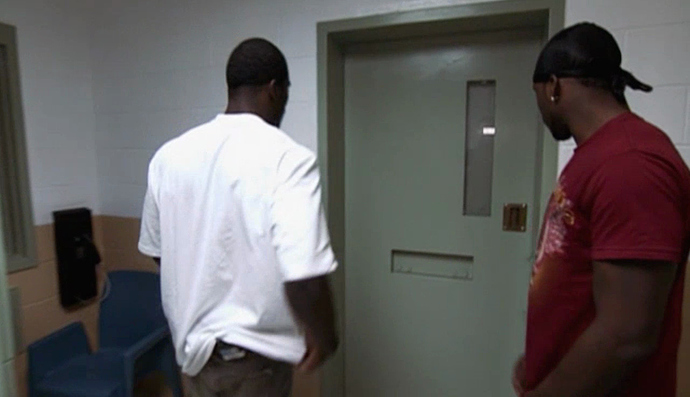Opinion
Making America Unemployed Again
Trump’s global trade war is escalating and could cost thousands of American jobs.
By Jamie Lincoln Kitman
Mr. Kitman is the New York bureau chief for Automobile magazine.
July 6, 2018
It used to be a refrain of the Republican faithful that the government shouldn’t be in the business of picking winners and losers where industry and technology are concerned.
As President Trump’s global trade war escalates, with the latest round of tariffs going into effect on Friday, his administration is doing just that. The new wrinkle is that it is no longer clear who is being set up to triumph or fail. Tariffs directed at products from one country — whether that’s steel from Canada and China or cars from Italy — are just as likely to affect American companies and hurt their workers.
That message came through loud and clear in recent days during the public comment period on the administration’s proposed tariffs on imported cars and parts. The global auto industry relies on supply chains that were built on the free movement of parts and goods. Suppliers, dealers and car manufacturers in the United States and other countries are petrified by the damage that the tariffs could do to their businesses.
General Motors, which warned that the tariffs could lead to job losses in the United States, said in its comments that the new levies could end up “isolating U.S. businesses like G.M. from the global market that helps to preserve and grow our strength here at home.”
The Alliance of Automobile Manufacturers, a trade group for domestic and foreign automakers with operations in the United States, predicts that a 25 percent tariff on imported cars, the high end of what has been proposed, could increase the average price of a new imported vehicle by $5,800.
“Tariffs will lead to increased producer costs, increased producer costs will lead to increased vehicle costs, increased vehicle costs will lead to fewer sales and less tax receipts, fewer sales will lead to fewer jobs, and those fewer jobs will significantly impact many communities and families across the country,” the alliance warned in its June 27 comments to the Commerce Department.
One of America’s Big Three automakers, Fiat Chrysler, which operates 23 plants and employs 56,000 people in the United States, is an Italian-American company incorporated in the Netherlands with headquarters in Britain. It builds its strong-selling Jeep Renegade model in Italy, China and Brazil. The company stands to lose as much as $866 million in profit, according to one estimate, if a 25 percent tariff on cars from the European Union goes into effect.
Foreign carmakers with factories in America, including BMW and Volvo in South Carolina, Mercedes and Hyundai in Alabama, Subaru in Indiana, plus Toyota and Honda, which operate plants in several states, also stand to suffer, along with all of their suppliers. A study by the Peterson Institute found that 195,000 jobs will be lost if the tariffs are enacted and 624,000 lost if retaliatory tariffs follow.
ADVERTISEMENT
Volvo, which recently opened a plant in South Carolina, said that jobs there depended on customers outside the United States. “Thus, half of the 4,000 direct jobs at the factory that we aim to create are related to exports, and if we cannot trade freely, those U.S. jobs may not be created at all,” Volvo said.
To be sure, this industry is quick to warn of job losses from policies it doesn’t like but is slow to reward workers when times are good. The auto industry has not gone out of its way to use its recent corporate tax breaks to benefit workers.
The prospect of tariff-induced job losses, however, is not just hypothetical. Harley-Davidson, the Wisconsin-based motorcycle maker, could be a bellwether.
Harley sales have been in decline in the United States for years. Its bikes are big, fat, noisy and technologically backward, and the company has been too slow to make the lighter, more modern motorcycles that appeal to younger, more technically sophisticated American buyers. Japanese and European motorcycle makers have excelled at this.
Yet, ironically, sales for Harley-Davidson have been steady in Europe, the company’s second-biggest market, while dropping 8.5 percent in the United States in 2017. Those European sales were helping to support hundreds of workers in the United States, along with assembly plants in Australia, Brazil, India and Thailand.
Harley’s windfall earlier this year, courtesy of the G.O.P. tax cut, did not go to bolster American production or expand American hiring or raise wages, or to develop its electric offerings more quickly. Nor did the company use it to weather a potential trade war. Instead, the windfall went to stock buybacks soon after Harley announced plans to close its Kansas City, Mo., plant, despite pleas from its union to save the factory’s 800 jobs.
The president was conspicuously silent about those job cuts, but he has gone on a Twitter tirade against Harley for its plans for additional layoffs of American workers as a result of retaliatory tariffs from the European Union. Harley says it must ship more of its production offshore in order to remain profitable.
Nothing the motorcycle maker has done — including importing many key components from abroad — is different from the business practices of any other corporation, including its competitors, which the president claims he is now trying to lure to invest in the United States. One of Harley’s rivals, the Iowa-based Polaris, is also considering moving some production to Poland in response to the retaliatory European levies.
Tariffs are like a long train of boxcars; each one is filled with unintended consequences that can knock into the next with devastating consequences. The names on the factories may be foreign, but the workers who stand to lose their jobs are right here in America.
Jamie Lincoln Kitman is the New York bureau chief for Automobile magazine.
Follow The New York Times Opinion section on Facebook and Twitter (@NYTopinion), and sign up for the Opinion Today newsletter.



